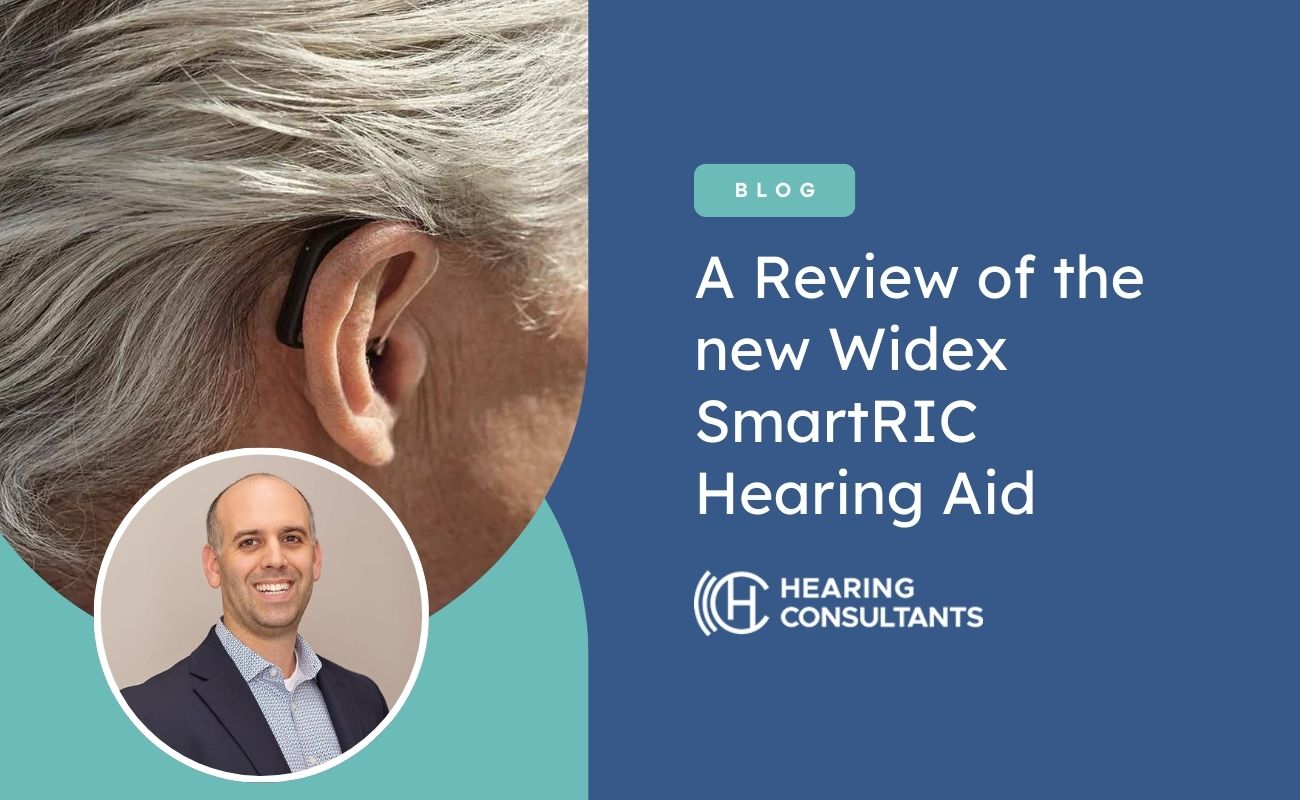Tips for Communicating with Hearing Loss
With nearly one in eight people affected by hearing loss in both ears in the US, it is likely that someone you know is struggling with the condition. This could be a co-worker, a friend, a relative, or even your significant other. When people live with hearing loss, it can be a challenge to follow even a simple conversation. Hearing loss is considered an invisible disability, meaning that it’s not always apparent when someone is struggling to hear. You may perceive that they seem disinterested or not paying attention instead. As a result, many important relationships become strained due to unclear communication. You may stop putting as much energy into the relationship and feel distant from this individual when in actuality, they need more intentional communication strategies. Here are just a few tips to make it easier to communicate with the people in your life, so you can continue to build your relationships into the future.
Gaining Attention
When someone is living with hearing loss, it can be helpful for them to be prepared to listen. This gives the listener a chance to prepare to focus on what is about to be said. Try saying the person’s name before you start talking. If appropriate, it can be helpful to touch them on the shoulder and gain eye contact before you begin.
Visual Cues
Many times, people with hearing loss rely on visual cues to compensate for what they can’t hear. It can be helpful to have a few views of your face and body so they can rely on lip reading, as well as body language. This gives added context and clue towards your tone and intent to what you are saying. Make sure you are well lit and that there is nothing obscuring the listener’s view, such as hands over the mouth. Maintaining eye contact will let you know if the person is following or not. If you sense that the listener has lost focus, you can reiterate or pause and gently check-in. In addition, it’s important to avoid speaking to people with hearing loss from another room. So much can get lost when you are not sure if the person is prepared to listen and doesn’t have the visual cues that many of us with normal hearing take for granted.
Minimize Background Noise
One of the earliest signs of hearing loss is trouble hearing in noisy situations. Multiple conversations or deciphering speech amongst background noise can make communicating with hearing loss a nightmare. When you can, choose to meet in locations where you can control the noise environment. Turn off background music and wait to run noisy appliances till later. Avoid meeting in public spaces during peak hours to minimize noise. However, you can’t always account for the noise of any space. If a place is unexpectedly loud and you can’t relocate, try writing out words and relying on visual cues.
Speak Naturally
Often, people think that talking to someone with hearing loss effectively means they have to yell so they can hear. The issue is that yelling can actually distort the words and the shape of your mouth. Instead, try annunciating words and speak slowly. Make sure to pause at the end of sentences and concepts to make sure they have time to fully absorb it before moving on.
Rephrase Rather Than Repeat
Many times, a person will ask you to repeat themselves when they have hearing loss. You can try to repeat yourself, but often it is a certain consonant or tone which is causing the hearing issue. To avoid this, try to rephrase the statement instead of repeating it. This could avoid the tones which are causing the issue, as well as adding more context to the previous statement. Sometimes you can ask what word is causing the issue, so you can just emphasize just that word.
Communicate Needs
For hearing-impaired individuals, it is important to express what your needs are. The first step is being honest with yourself. If someone in your life seems to have a hearing loss and is not actively treating it, it can be helpful to gently mention to them that you’ve noticed. When the people in your life are open about hearing loss, they can tell you what they need to communicate clearly. The next step is to seek treatment. Encourage them to schedule a hearing test and get on the road to more clear communication.
Get in touch with
Hearing Consultants
Contact our clinic to schedule an appointment today!







